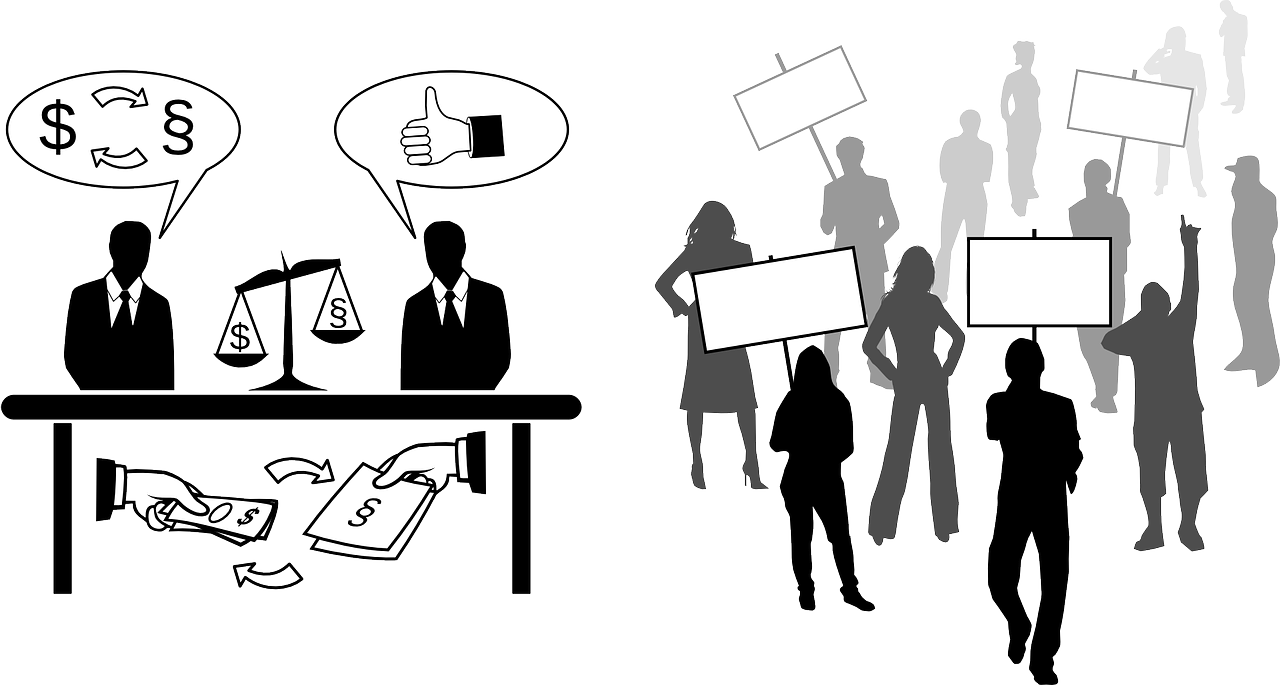GUANTANAMO BAY NAVAL BASE, Cuba — A weeklong hearing into the legal framework for the Sept. 11 terrorism military tribunal came to an end Friday without a ruling on the most significant motions but progress on some issues that must be resolved before the eventual trial.
After hours of often arcane debate at the U.S. base in Cuba, the military judge presiding over the case deferred most decisions until later. Notable among them were proposed rules for handling classified evidence that prosecutors said are necessary to protect national security and defense lawyers argued are overly broad and restrictive.
Army Col. James Pohl heard arguments on nearly 20 motions and did resolve some matters, including issuing a ruling that the five men charged with planning and aiding the Sept. 11 attacks may sit out their pretrial hearings. While the extent of the progress was in dispute, both the chief prosecutor and defense lawyers agreed the case was unlikely to be ready for trial in 2013.
The five defendants facing charges that include terrorism and murder include Khalid Sheikh Mohammed, a self-styled terrorist mastermind who grew up in Kuwait and attended college in North Carolina. He condemned the U.S. in a lecture to the court on Wednesday as he wore a camouflage vest that had been approved by the judge.
The judge heard lengthy arguments on a motion from the defense asking the judge to decide that the constitutional rights recognized in civilian criminal trials will apply in the special tribunals for war-time offenses. Prosecutors argued it was too soon to make that determination and the judge deferred a ruling.
Most of the arguments centered on the proposed security rules, including provisions that the defense said will prevent the five prisoners from publicly disclosing what happened to them while detained in secret CIA prisons overseas. The U.S. government says they were subjected to “enhanced interrogation”; critics say it was torture.
Lawyers for the defendants said the proposed rules would prevent them from using what happened in the CIA prisons to challenge statements the men made to authorities or to argue that they shouldn’t get the death penalty. It would also prevent the public from learning details about the harsh interrogations.






